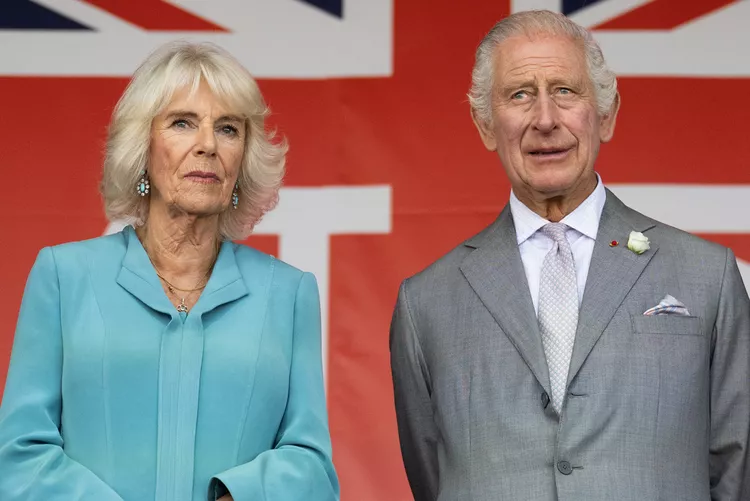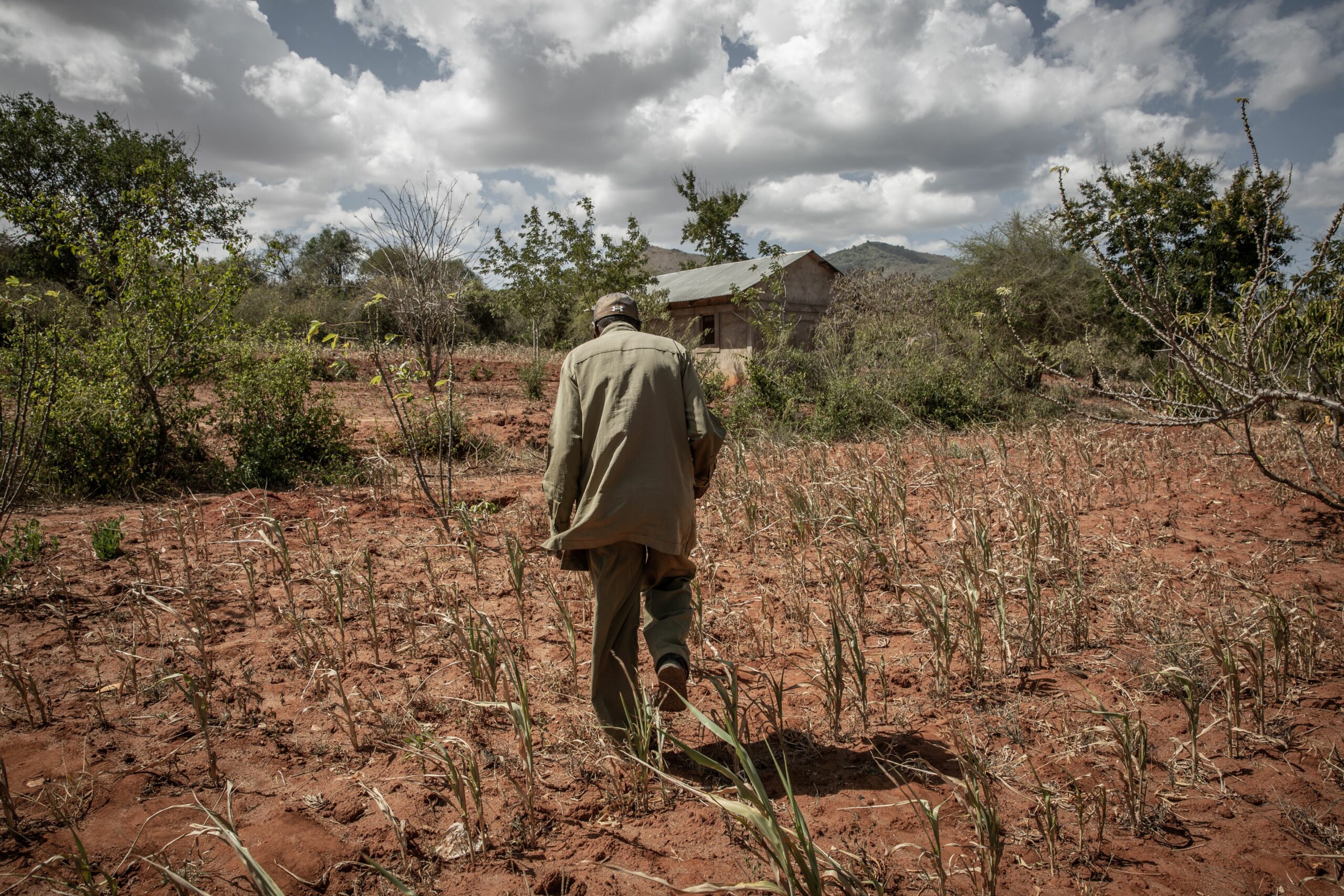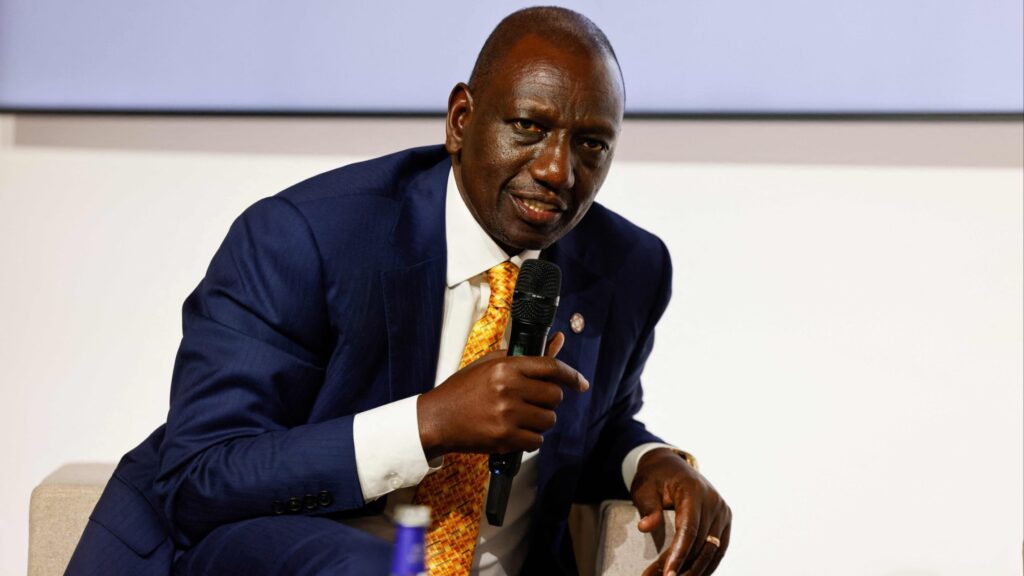The five-day state visit of King Charles III to Kenya elicits mixed reactions among the country’s people even as the monarch expressed regrets for colonial violence, saying that “there can be no excuse” for British colonial atrocities against Kenyans.
The very presence of King Charles III in Kenya is unearthing memories of atrocities committed during the six-decade British colonization of the East African country. According to the Kenya Human Rights Commission (KHRC), the colonial administration masterminded the extrajudicial torture and killings of 90,000 Kenyans between 1901 and 1960. While many Kenyans were waiting for the British monarch to formally apologize for the “acts of violence” as he described them, King Charles III. stopped short of doing so. “There were abhorrent and unjustifiable acts of violence committed against Kenyans as they waged … a painful struggle for independence and sovereignty. And for that, there can be no excuse,” he said at a state banquet hosted on Tuesday (1 November) by Kenyan President William Ruto.
Some Kenyans see Charles’s state visit as a reminder of the dark colonial past, while others think it should be viewed as a new chapter in the relationship of the two countries. One particular highlight of that dark period was the Mau Mau uprising from 1952 to 1960, an armed rebellion by a group of freedom fighters mostly from the Kikuyu, the country’s largest ethnic group. The revolt was brutally suppressed by the British troops who killed more than 11,000 people. Kenya eventually gained independence in 1963 and became a republic the following year. In 2013, the British government apologized to Kenya and finalized an out-of-court settlement with thousands of Kenyans who were tortured in detention camps and also thousands of the Mau Mau veterans who were fighting for independence.



